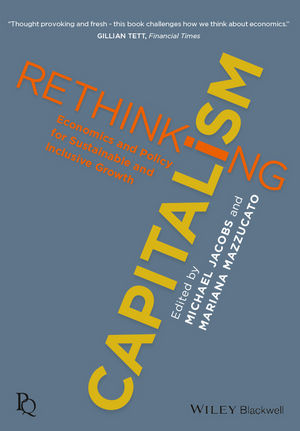Policies to Make Health-Care Markets Work
Martin Gaynor in the Brookings Report proposes three types of policy reforms that would increase competition in health care and improve market functioning:
- Reduce or eliminate policies that encourage consolidation or that impede entry and competition.
- Strengthen antitrust enforcement so that federal and state antitrust enforcement agencies can act effectively to prevent and remove harms to competition.
- Create an agency responsible for monitoring and overseeing health-care markets, and give that agency the authority to flexibly intervene when markets are not working
Well, these are only 3 issues, the report highlights the details into the implementation. And if you want to know how far healthcare is from competitive markets, you must start understanding markets. There is a book that may help as a useful guide to start:







